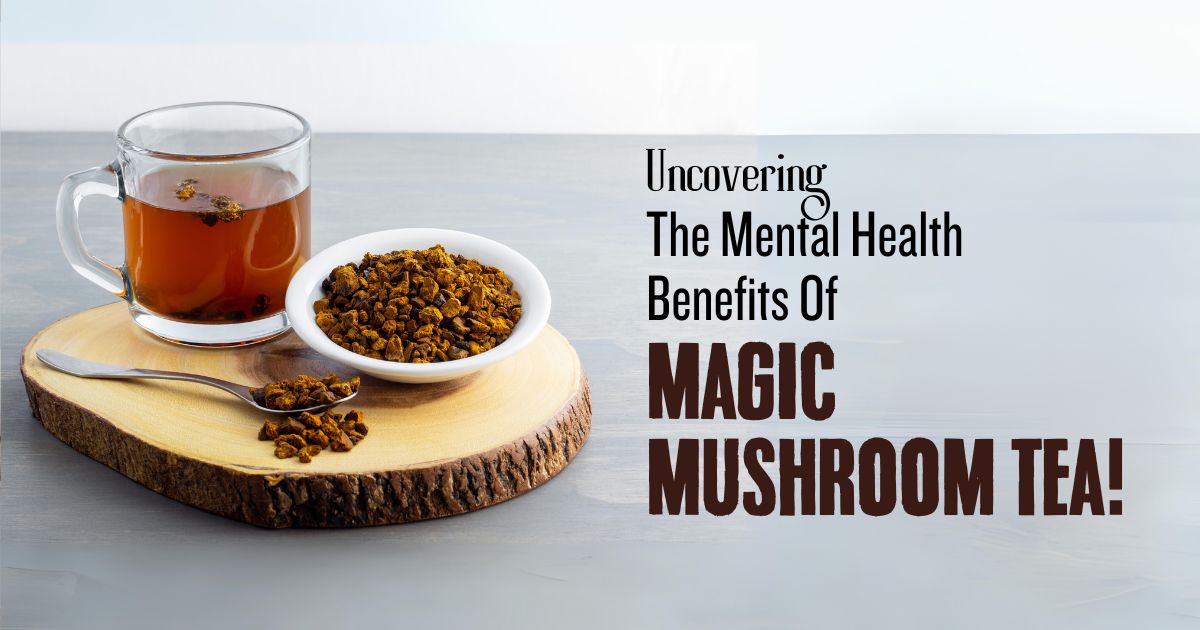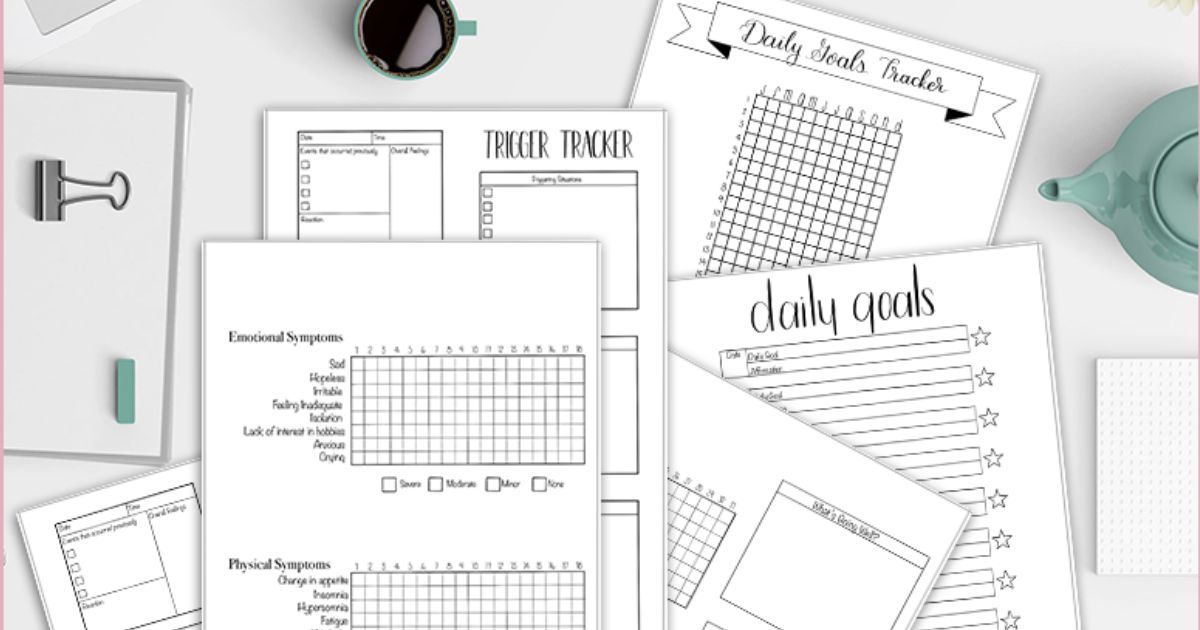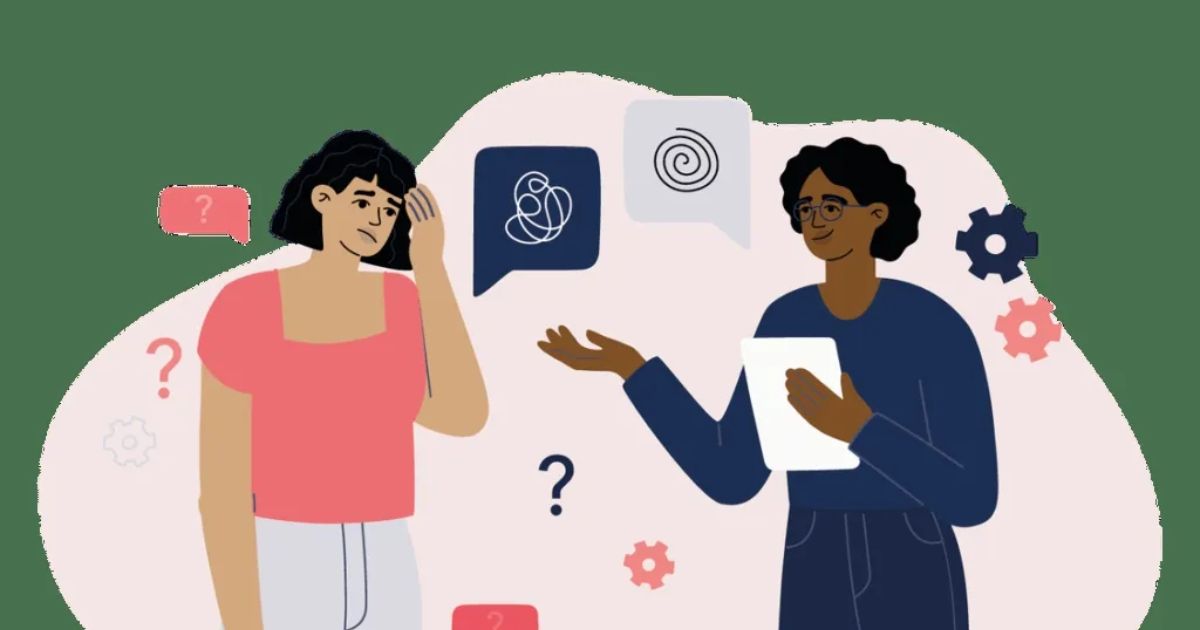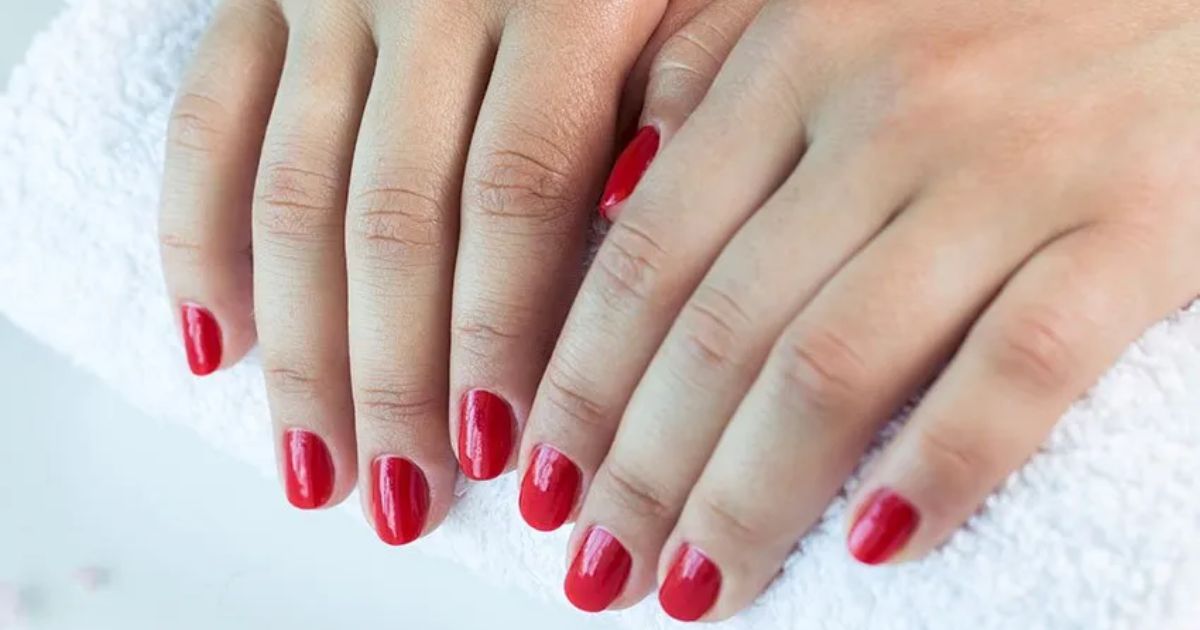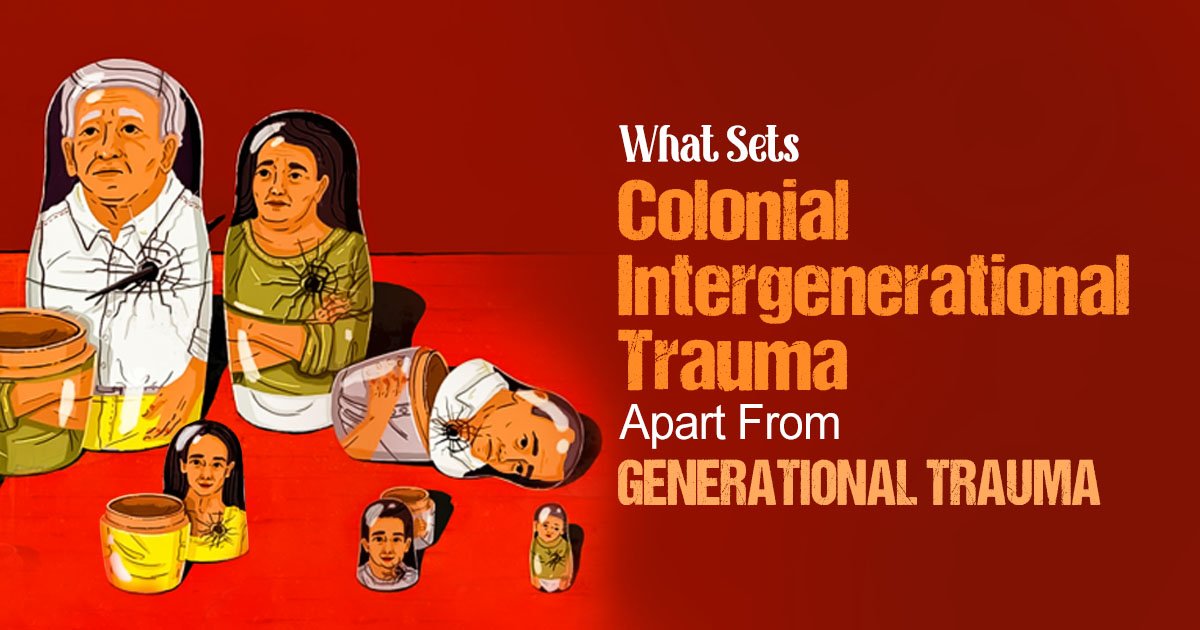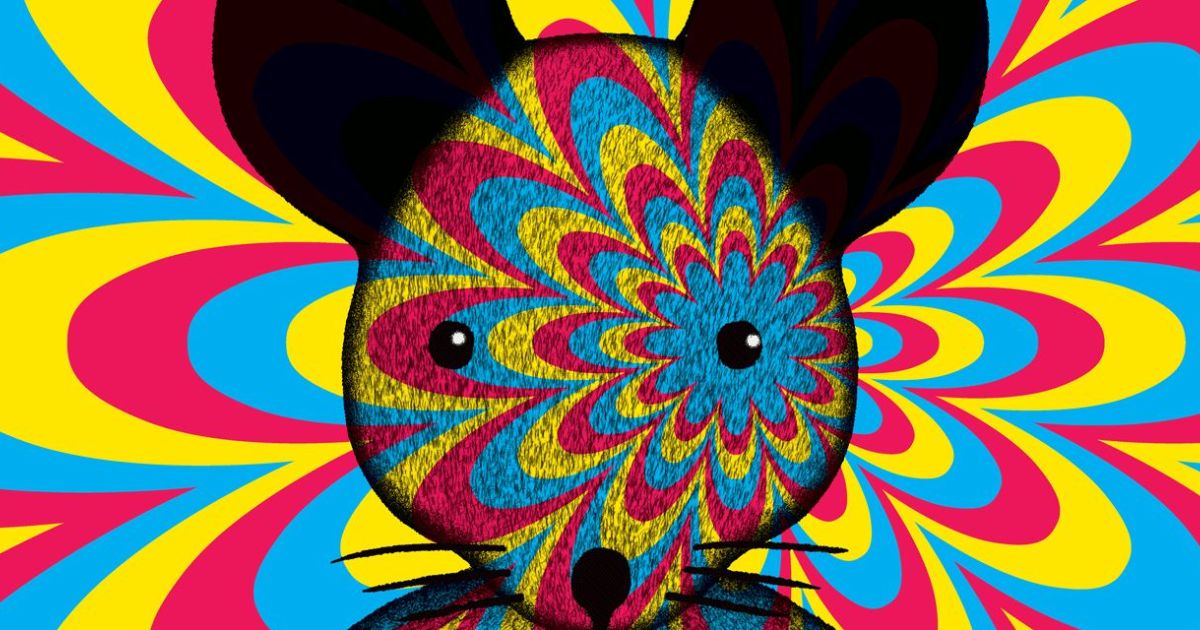- Research provided insight into Asian mental health and its association with inexpressive parenting.
- Experts particularly studied cultural love languages—like how food is the love language in Asian households.
The recent fiasco over Swedish people not offering food to guests saw other cultures, particularly Asians, come forward and explain the role of food as a “love language”. Recent studies have further highlighted the link between food culture, parenting, and children’s mental health in Asian households.
What Are Love Languages?
“Love languages” are the different ways of expressing and receiving love and affection. Developed by American author Gary Chapman in his book The 5 Love Languages: The Secret to Love That Lasts, love languages popularly include:
- Words of affirmation
- Quality time
- Receiving gifts
- Acts of service
- Physical touch
How Food Is The Love Language In Asian Cultures?
Several surveys of Asian diasporas worldwide revealed that the fundamental Asian love language is food. It was found that children in Asian households are often shown love through acts of service; however, the making and sharing of food take center stage.
Ivy Kwong (an American-Asian researcher), elaborating on food as a love language, said: “Food is the Asian love language. It’s the cut fruit, sharing dishes, and sending you off with containers of leftovers. It’s making you your favorite dish, stuffing you and offering you seconds and thirds and fourths, and asking whether you’ve eaten yet or worrying if you’re not eating well.”
Inexpressive Parenting And Mental Health
Studies note that, while food involves a very subtle and action-based love language, most Asian cultures do not have an outright show of parental affection—a central parenting tenet in Western cultures. Research has often dubbed Asian parenting as authoritarian, intrusive, and harsh and frequently associated it with:
- Parental abuse
- Inexpressive parenting
- Negative discipline
- Rigid expectations about achievements and success
- Poor mental health in children
Caring For Mental Health In Asian Households
Experts opine that Asian families, especially those who have migrated, often go through a lot of displacement trauma and negative experiences.
This, coupled with cultural scorn for PDA and over-indulgent parenting, make Asian parenting appear rigid, cold, and unloving. Sometimes, cultural love languages get lost too in transition and translation, across generations and international borders.
A case in point is first-generation immigrant Asian children growing up in the diaspora. They may struggle with the Asian family dynamic and want the ‘understanding’ and ‘appreciation’ that their Western peers enjoy from their parents.
They may even grow angry and resentful towards their own families and develop ‘scars’ and mental health problems from ‘perceived’ childhood emotional abuse and parental neglect.
However, several measures can be considered by children growing up in Asian households to better understand their parents and cultural bonhomie. These include:
- Taking the time to heal from the pain and anger of not getting the parental affection desired
- Understanding how parents in their respective cultures show their love
- Translating what parents are offering in their “love languages”
- Breaking the stigma around mental health
- Effectively communicating one’s wants and needs
- Prioritizing and talking about mental health in ways that previous generations didn’t
- Taking forward traditional “love languages” like those based on food, festivals, etc.
Such measures can help Asian families appreciate their cultures more, better understand how their parents and grandparents show their love, and avoid the mental health pitfalls associated with misunderstood parenting.
Know More About –
Related Articles –
- Stop Screaming At Your Child
- The Unseen Scars of Parental Emotional Abuse
- 4 Mentally Damaging Things We Say To Kids All The Time


